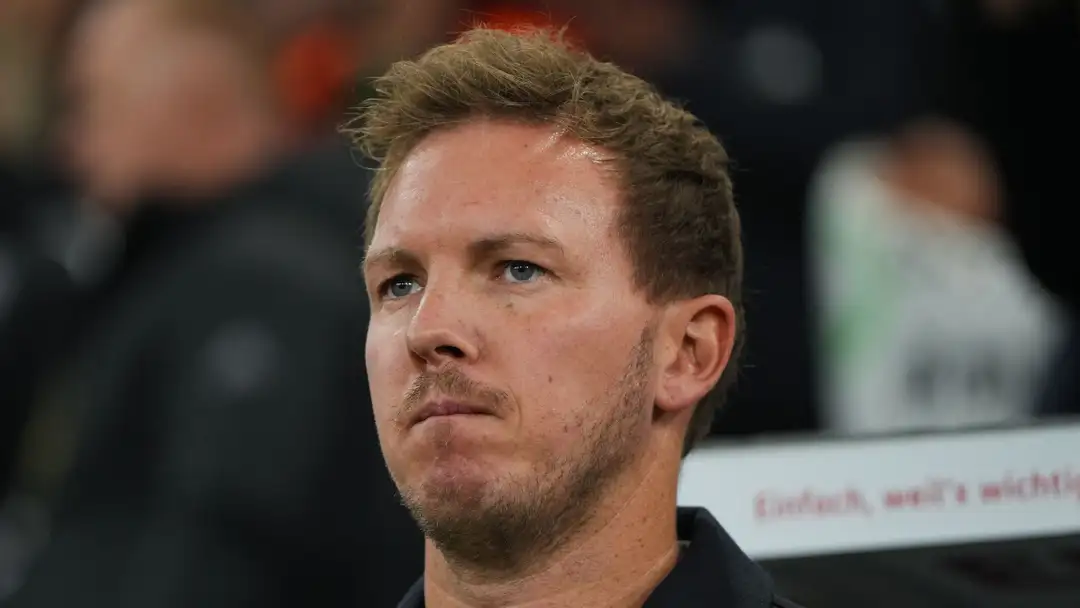
Julian Nagelsmann Issues Apology to Northern Ireland After ‘Long Ball’ Comments Cause a Stir
Germany Boss Clarifies Remarks and Warns of a “Tough” Test in Crucial World Cup Qualifier
Germany head coach Julian Nagelsmann has found himself at the centre of an unexpected media storm just days before his side’s vital World Cup qualifying clash against Northern Ireland in Belfast. What began as a tactical observation has spiraled into controversy, forcing the young coach to publicly apologise after comments about Northern Ireland’s “long ball” style of play were perceived as dismissive.
As both nations prepare for a match that could define their Group A campaign, Nagelsmann has attempted to calm the situation — while also making it clear that he expects an intense, physical battle under the lights at Windsor Park.
Nagelsmann’s “Long Ball” Controversy
It all started with a seemingly harmless remark. Speaking at a pre-match press conference, Nagelsmann referenced Northern Ireland’s direct approach in their previous meeting — a 3-1 win for Germany back in September — saying his team had prepared for “a lot of long balls.”
For many Northern Irish fans and pundits, that phrase sounded condescending. It seemed to reduce their team’s progress under Michael O’Neill to an outdated stereotype — the old British football cliché of “route one.”
When asked to clarify, Nagelsmann moved quickly to set the record straight. Speaking to Sport1, he said:
“I didn’t mean it in a disrespectful way. If anyone took it that way, I’m sorry. Northern Ireland have a very defined, very effective style. It’s not negative — it’s just their way of playing, and they do it extremely well.”
It was an attempt to draw a line under the issue — but the story had already gathered pace. Local media in Belfast ran with headlines questioning the German’s respect for his opponents, while social media buzzed with reactions from fans defending their national team’s identity and resilience.
A Coach Learning the Hard Way
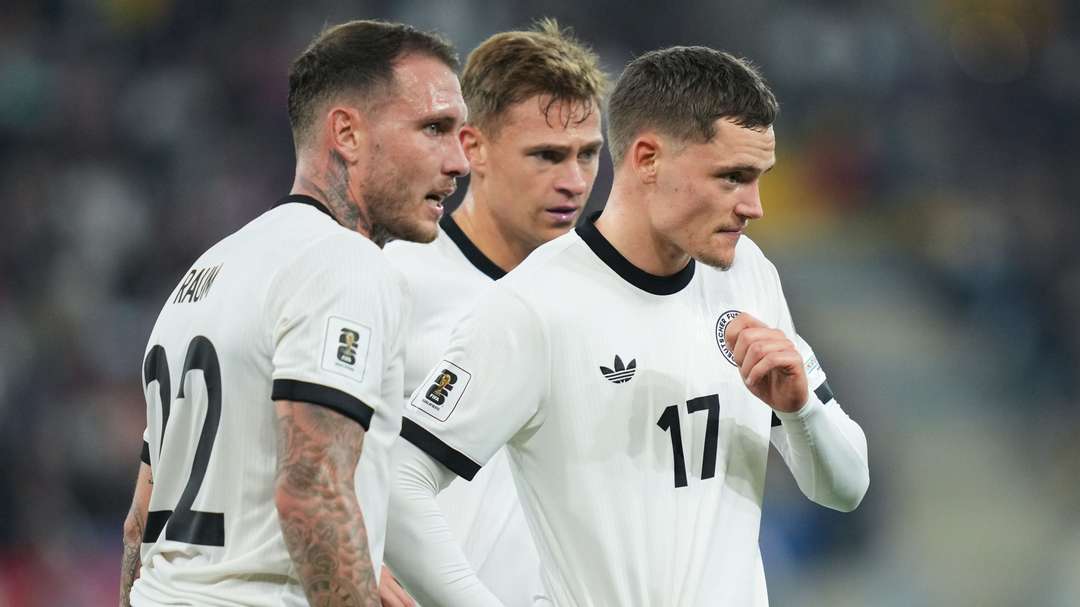
GettyImages-2240416943.webp
For Nagelsmann, who at 38 remains one of the youngest coaches in international football, this episode serves as a reminder that words carry weight — especially on the international stage. Known for his analytical mind and tactical precision, he has often been praised for bringing a modern, thoughtful approach to coaching.
But international football is different. It’s not just about tactics — it’s about pride, identity, and passion. For smaller nations like Northern Ireland, whose players often come from clubs outside Europe’s elite, these matches represent something much larger than football.
Nagelsmann, to his credit, seems to understand that now. “I’ve got a lot of respect for them,” he said. “They’re fighters. They play with heart, they press aggressively, they don’t stop running. That’s what makes them dangerous.”
A “Tough” Night Awaits in Belfast
Putting the off-field noise aside, Nagelsmann knows the real challenge lies on the pitch. Germany might be favourites on paper, but anyone who’s watched Northern Ireland play at Windsor Park knows it’s never straightforward.
“It will be a tough opponent,” Nagelsmann said bluntly. “We’ll have to give it everything. You can’t come here and expect an easy night.”
He elaborated further on what makes Northern Ireland such an awkward opponent:
“They have a special style. They force you to fight for the second ball, sometimes even the third and fourth. You have to stay focused, because one lapse in concentration and they punish you — especially from set pieces.”
Nagelsmann admitted that his team has spent significant time in training working on defending crosses and dead-ball situations, aware of how much Northern Ireland rely on those areas to create danger. “We’ve practised man-to-man marking and second-ball recoveries,” he explained. “It’s about matching their intensity.”
The Windsor Park Factor
There’s something about Windsor Park on a big night that makes it a uniquely difficult venue. Compact, noisy, and intimidating, it has been the scene of countless upsets over the years. For all of Germany’s technical quality and experience, they will be walking into a cauldron.
Northern Ireland fans, famously passionate and loud, will treat this fixture as a cup final. It’s a chance to prove themselves against one of world football’s giants — and with both teams level on points, the stakes couldn’t be higher.
O’Neill’s side enter the match full of belief after their 2-0 win over Slovakia, a result that lifted them level with Germany and Slovakia on six points. Their energy, defensive discipline, and ability to make the most of limited chances make them a classic example of a team greater than the sum of its parts.
Germany, meanwhile, have rediscovered some rhythm following their 4-0 victory over Luxembourg, a result that temporarily put them top of the group on goal difference. Still, Nagelsmann knows that his side must carry that momentum into Tuesday’s fixture — and do it without complacency.
Lessons from the Past
The Germany coach doesn’t have to look far for reminders of how tricky Northern Ireland can be. Even in that 3-1 win back in September, Germany struggled at times to break down a stubborn defense and were made to work for every opportunity.
“They’re very organised,” Nagelsmann noted. “They don’t give you time to breathe. You think you’ve got control, and then suddenly they win a duel, launch it forward, and the game changes. That’s what we have to be prepared for.”
Indeed, this is a team that thrives on turning chaos into opportunity. Their success often depends on frustrating technically superior opponents, forcing errors, and then capitalising in transition.
For Germany — a side that prides itself on controlled possession — that presents a psychological as much as a tactical challenge.
Pressure on Germany to Deliver
While Nagelsmann’s Germany project is still taking shape, expectations remain sky-high. After years of inconsistency and underachievement on the international stage, German fans are desperate for a clear identity — something resembling the dominant, ruthless sides of the past.
So far, results have been encouraging, but performances have been mixed. The upcoming clash in Belfast represents another test not just of tactical discipline, but of mental toughness.
If Germany stumble, the criticism will come quickly. As one German pundit wrote in Kicker, “You don’t win in Belfast with pretty football. You win by matching their fight. That’s the real test for Nagelsmann’s Germany.”
Northern Ireland’s Response
Michael O’Neill, for his part, was measured when asked about the “long ball” controversy. He brushed it off with the composure of a seasoned manager. “People can say what they like,” he told local reporters. “We know who we are and what works for us. If that’s ‘long ball’ to some, that’s fine — as long as it gets results.”
It was a classic O’Neill response — pragmatic, unfazed, and subtly defiant. His players, too, seem to have taken the comments in stride. Defender Jonny Evans was quoted as saying, “If they think we’re just a long-ball team, let them. We’ll see what happens on the pitch.”
That quiet confidence is exactly what makes Northern Ireland so dangerous. They relish the underdog role. They thrive on being underestimated.
The Stakes Couldn’t Be Higher
With all three of Germany, Northern Ireland, and Slovakia tied on six points after three games, Tuesday night’s showdown could prove pivotal in deciding who gains control of Group A heading into the next round of fixtures.
A win for Germany would reinforce their dominance and ease some of the pressure on Nagelsmann. A victory for Northern Ireland, however, would blow the group wide open — and perhaps deliver one of the most memorable nights in their recent history.
Either way, it promises to be a fiery contest. Tactical battles, emotional storylines, and maybe even a touch of redemption — all wrapped into one night in Belfast.
Final Thoughts
For Julian Nagelsmann, this week has been a lesson in both diplomacy and football reality. Words matter, especially when they touch on national pride. But beyond the headlines, his respect for Northern Ireland seems genuine — and his warning to his players clear.
“It’s going to be tough,” he said one final time. “We’ll need to fight, to stay calm, and to play our game. That’s what will decide it.”
Whether that calmness survives ninety minutes in front of a roaring Windsor Park remains to be seen.

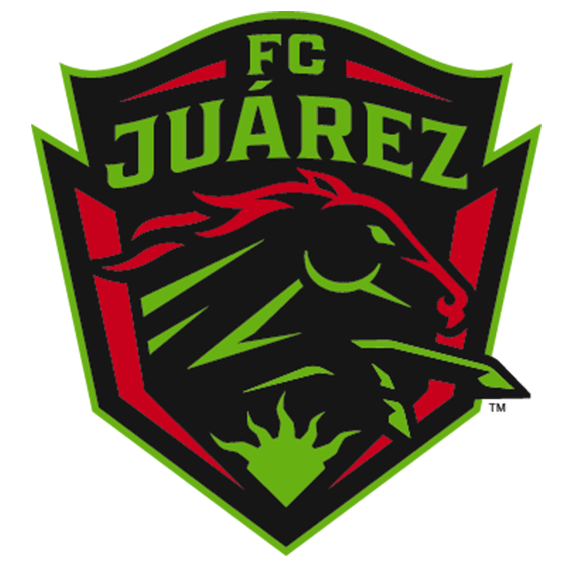

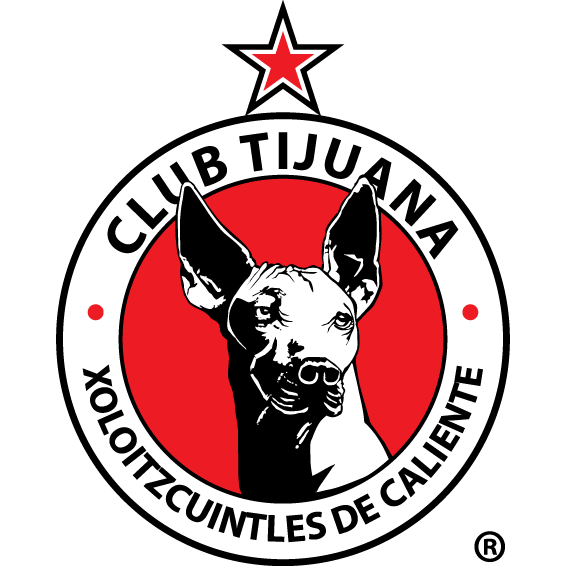

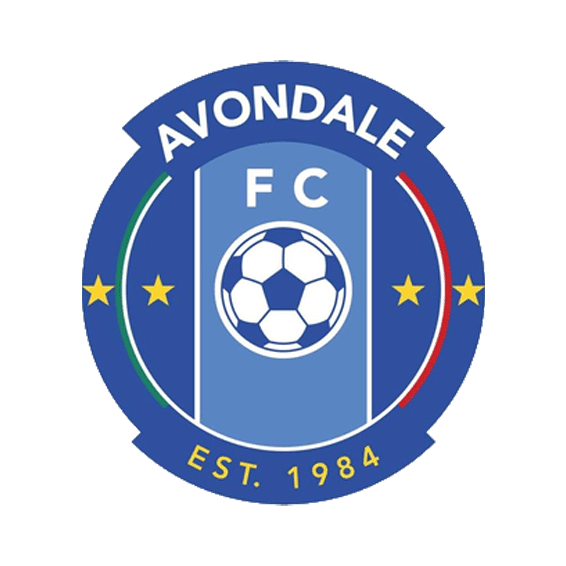

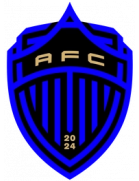
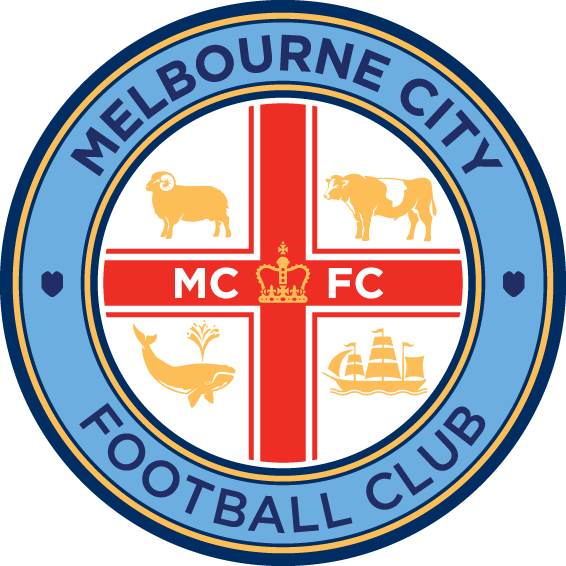




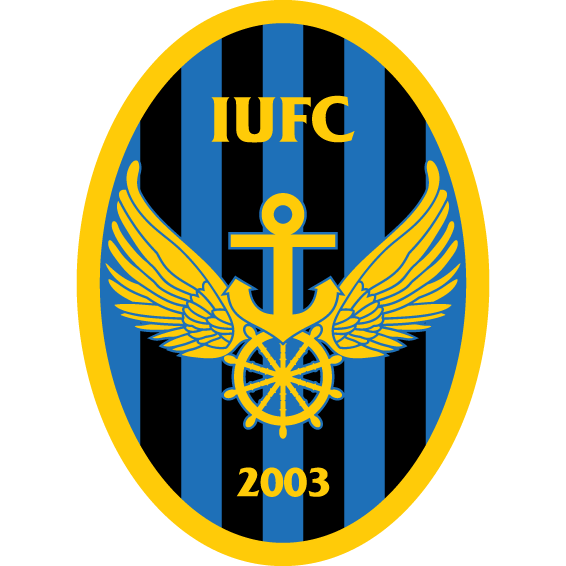
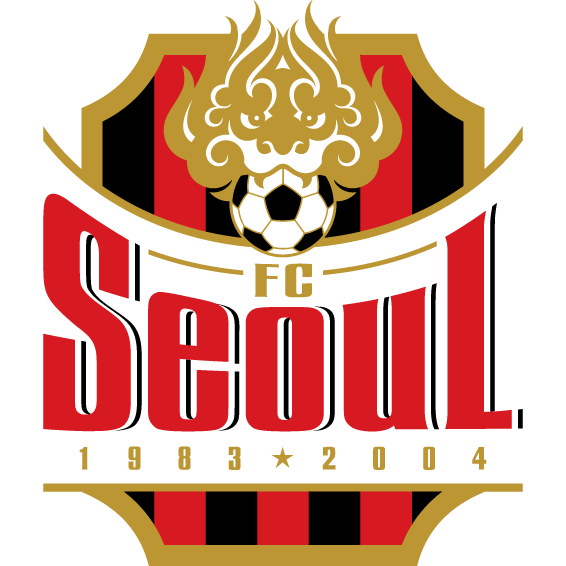

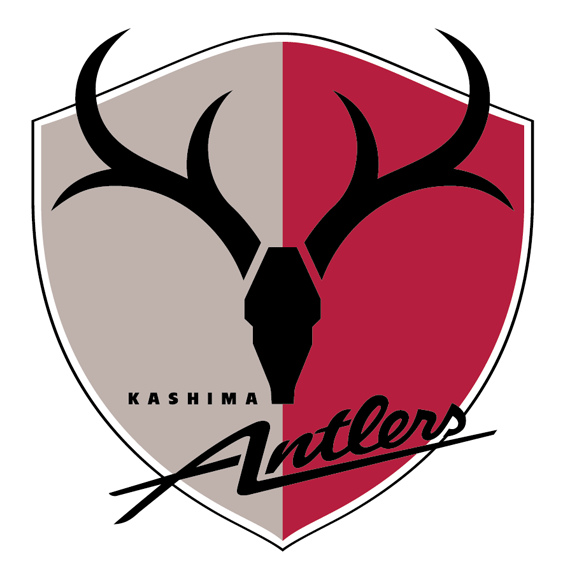
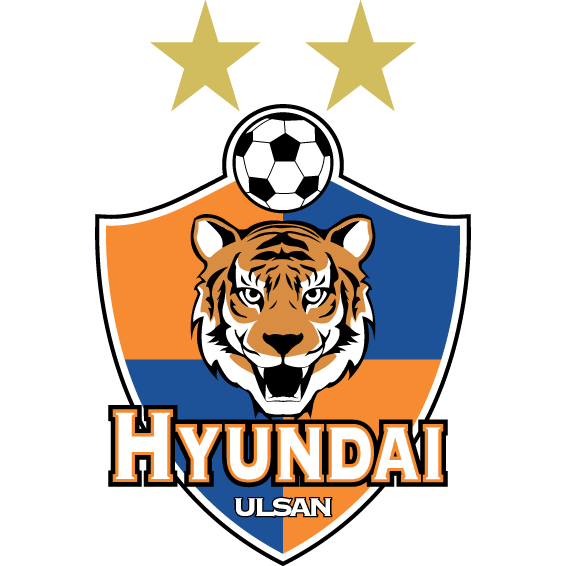
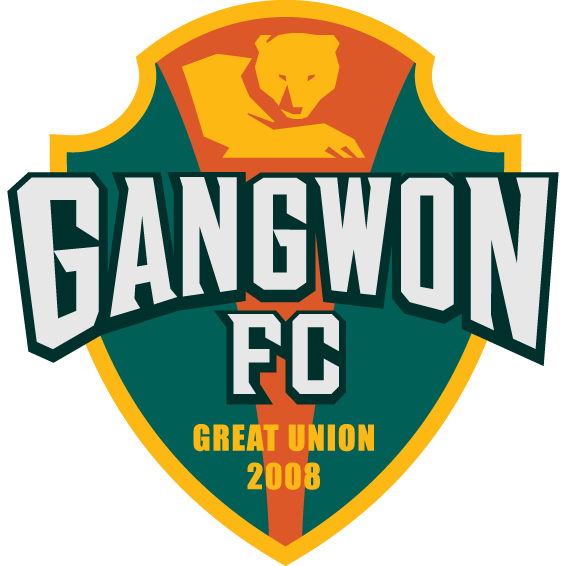
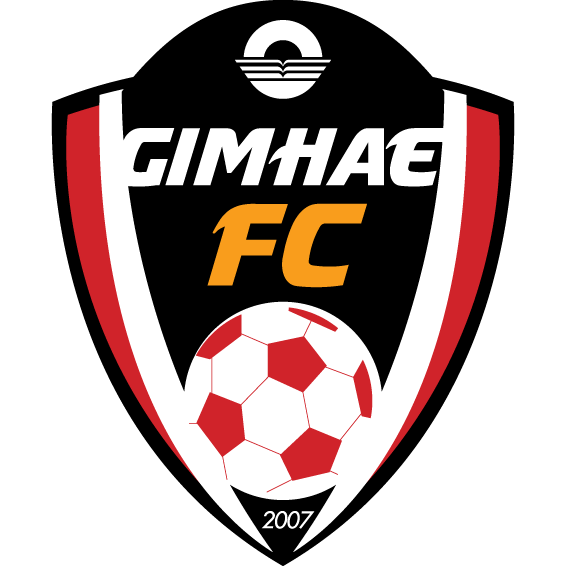


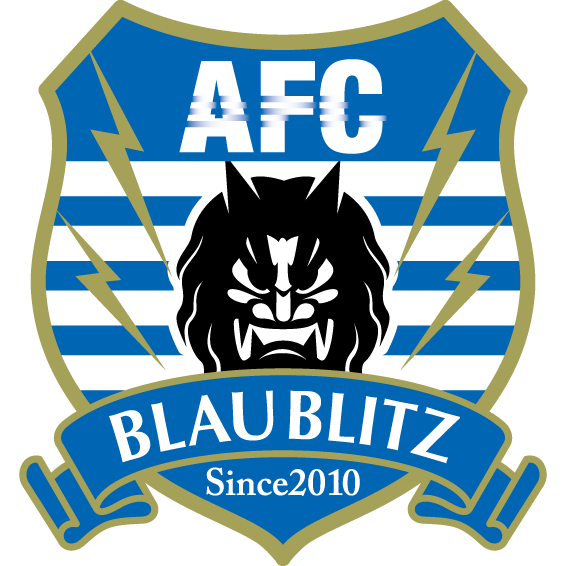

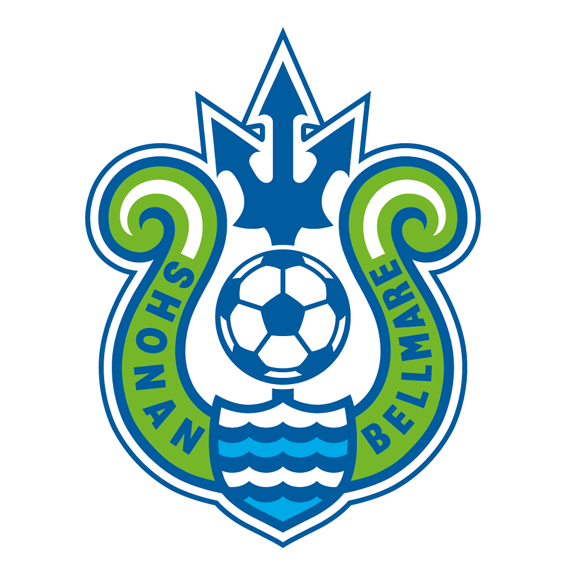

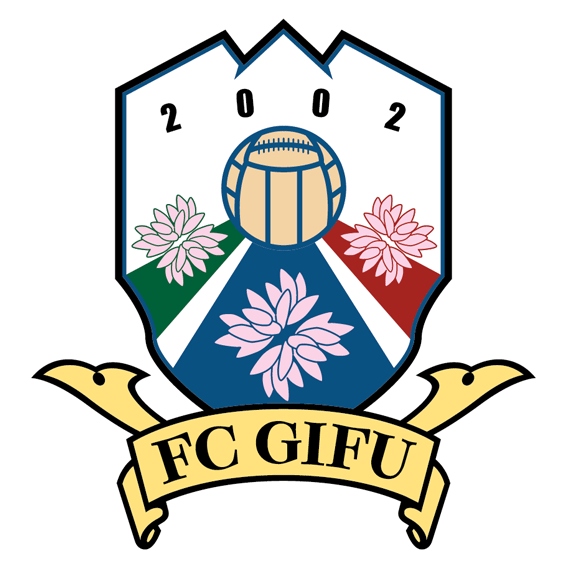






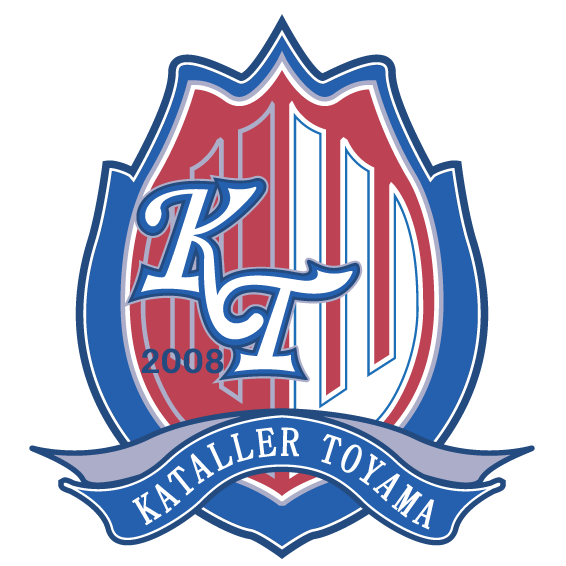





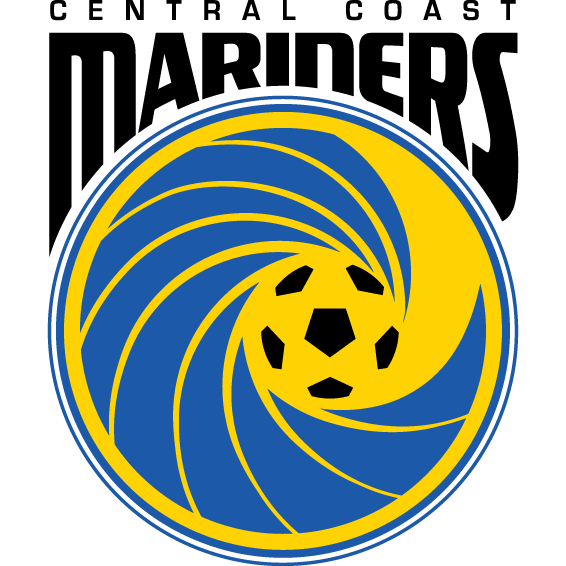



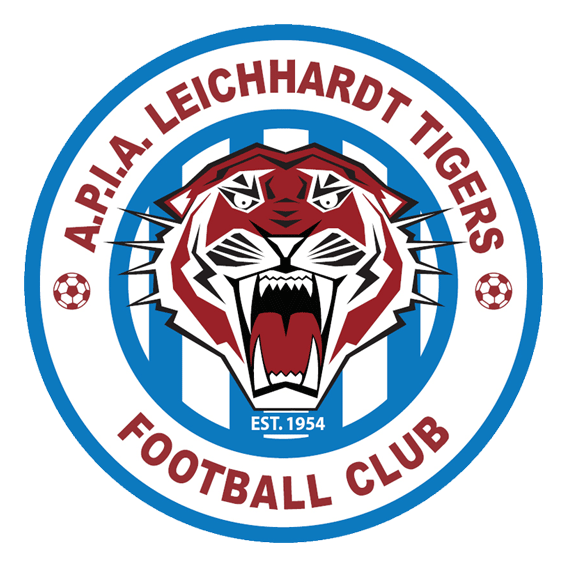
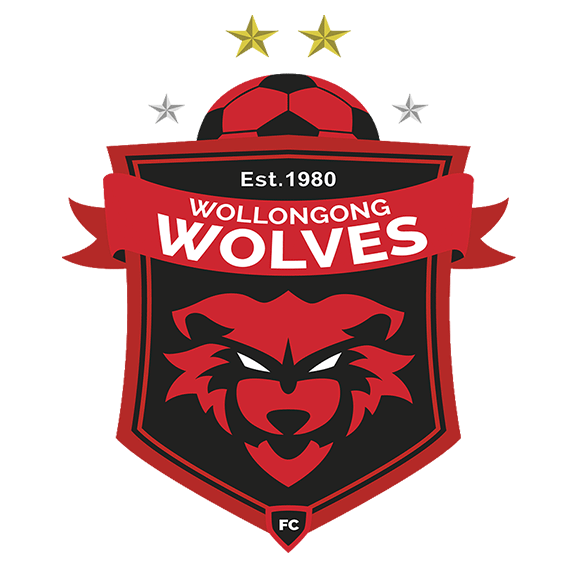


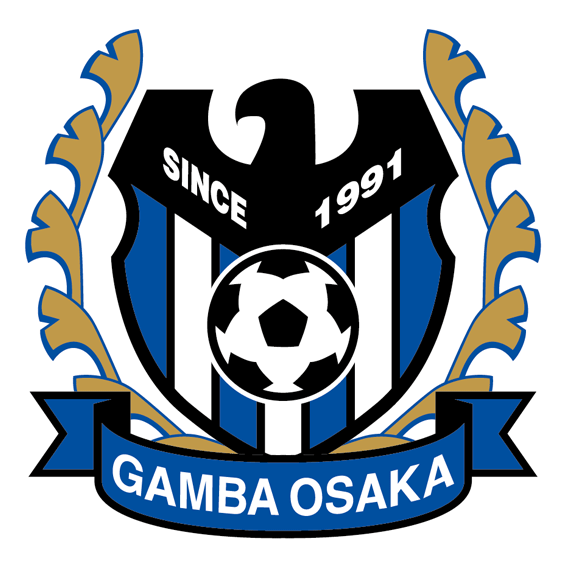
























There are no comments yet. Be the first to comment!